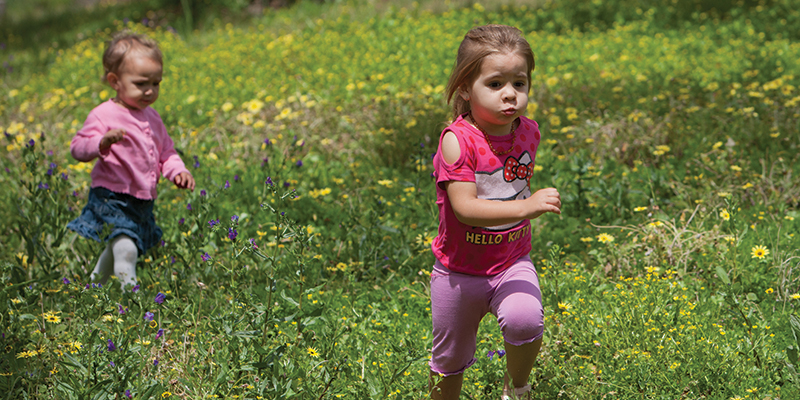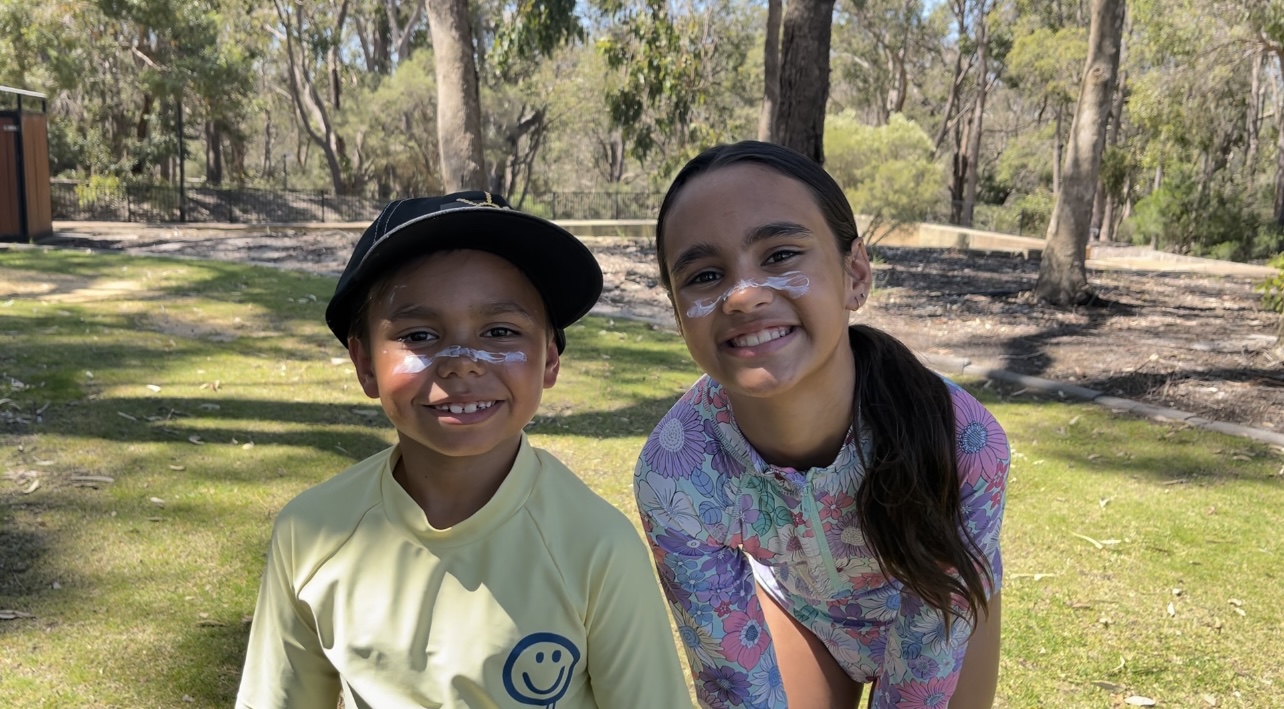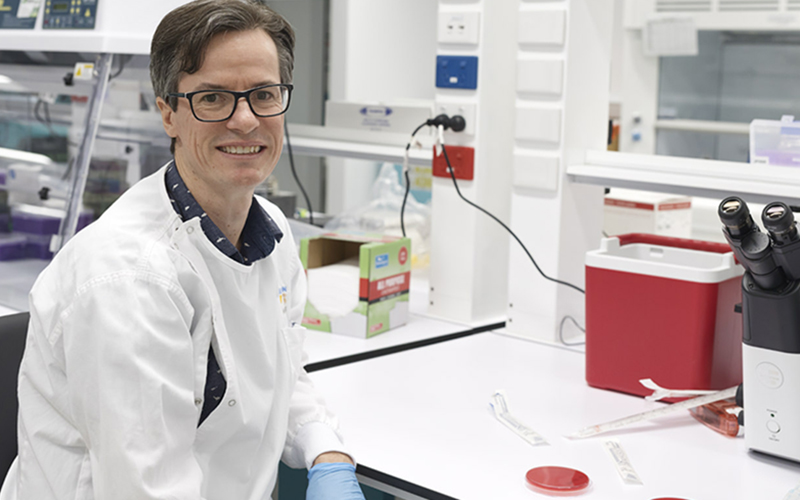Search
Showing results for "aboriginal respiratory"
Skin health is widely recognised as being important for overall good health and well-being, yet the burden of skin infections in remote Aboriginal communities remains high. This project aimed to explore if virtual support for skin health could be a strategy to reduce community barriers to skin health engagement.

A child can’t thrive if they don’t have a roof over their head.
The goal of this project is to is to increase capacity of ACCO staff to work with Aboriginal and Torres Strait Islander LGBTQA+ youth and their families, with the longer-term goal of improving health service access among this population.
Rebecca Fiona Carrington Glauert Stanley Shepherd BPsych (Hons) PhD FAA FASSA MSc MD FFPHM FAFPHM FRACP FRANZCOG HonDSc HonDUniv HonFRACGP HonMD

Vital research promoting sun smart choices and skin cancer prevention for young Aboriginal people is now underway at The Kids Research Institute Australia thanks to a $100,000 Perpetual 2024 IMPACT Philanthropy grant.

The Kids Research Institute Australia has welcomed the establishment of an expert committee to guide decision-making around Aboriginal health and medical research in Western Australia.

A rapid test to detect antibiotic-resistant skin infections in Aboriginal children could be a step closer, thanks to support from the FHRIF.
In the ongoing debate on optimum methods for identification of Indigenous people within linked administrative data, few studies have examined the impacts of method on population counts and outcomes in family-based linkage studies of Aboriginal children.
Stroke risk and cardiovascular mortality are markedly higher for Aboriginal than non-Aboriginal patients with atrial fibrillation, particularly for patients under 60
This study highlights a range of unique profiles that can be used for improving the early development of young Aboriginal children
